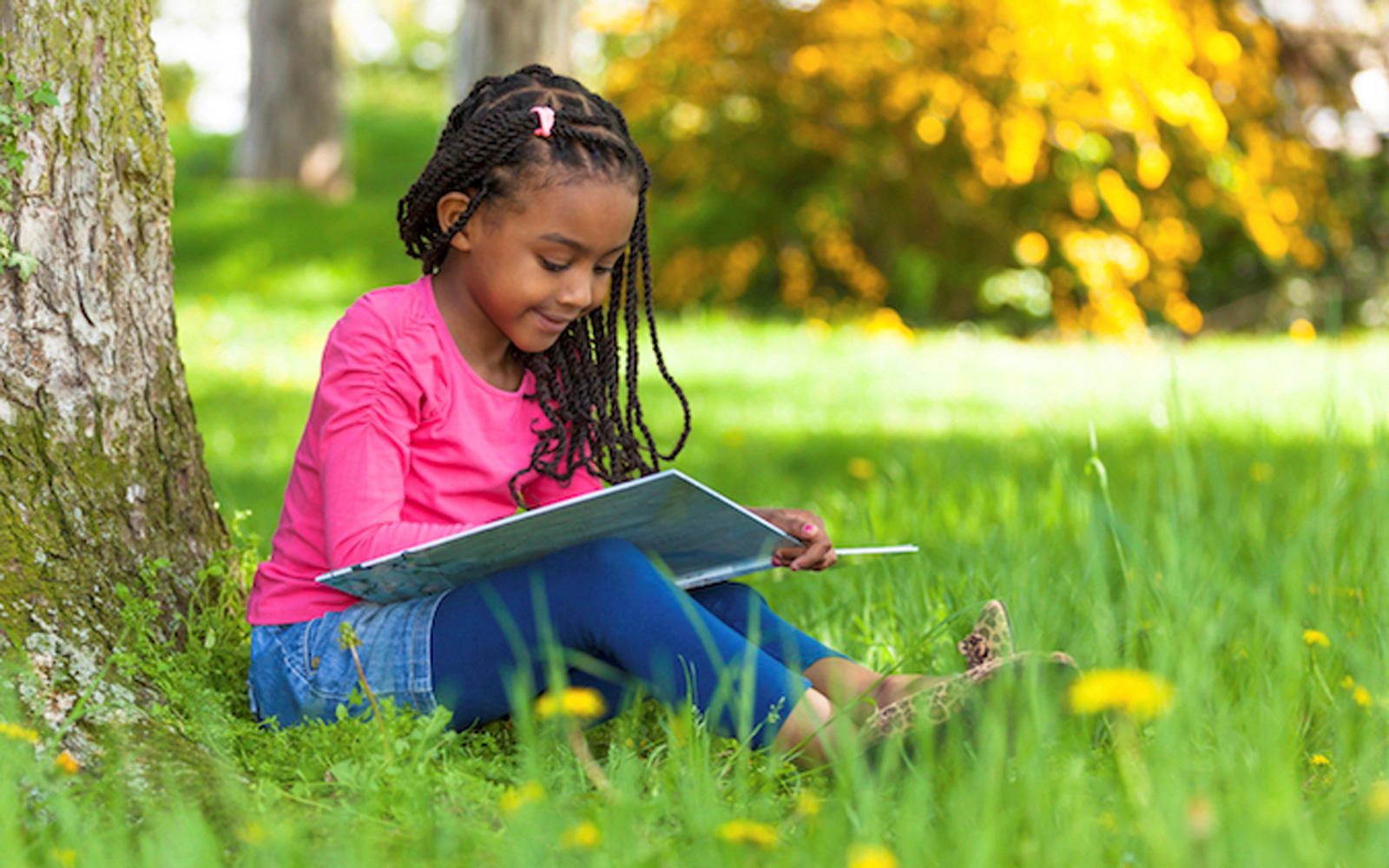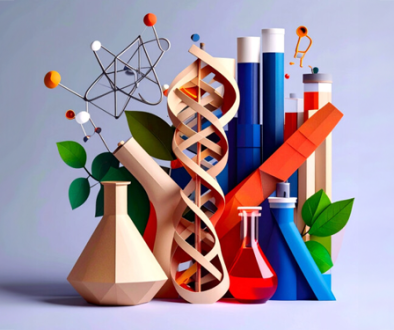Earth Day and World Book Day: Unplug and Read a Paper Book
We are well into the age of technology, living an always-on, always-connected lifestyle. But just as we still have bicycles among motor vehicles and pencils in our pen holder, paper will always be close to our computers and smart phones.
With Earth Day on 22 April and World Book Day on 23 April, the Paper Manufacturers Association of South Africa (PAMSA) is highlighting the importance of paper in our lives and environment, and calling on us to put down our phones and pick up a book.
Imagine a world without paper
Can you think about what that would mean?
Think about your bedside table, the doctor’s waiting room or your handbag. There would be no books, magazines and to-do lists on the back of old envelopes.
Open your kitchen cupboard – there would be no paper packaging nor labels, no kitchen towel, no milk and juice cartons.
A world without paper would also mean no toilet paper or tissues.
If you’re a teacher, look around your classroom. Take note of everything that is there from posters to artwork and assessments; egg boxes and cereal boxes waiting to be transformed into something creative; tissue boxes too. These would not be there if it were not for paper.
Paper serves many needs
Paper is essential, and often hidden in plain sight. It cleans, wipes and mops up spills. It protects goods on their journey from A to B, from cornflakes to computers.
It preserves our words and memories when we print photos, write a birthday card or proudly display our child’s first stick man painting for all to see.
It conveys and communicates. Paper is tactile and stimulates our senses. The act of turning pages and taking in the words without the distraction of pop-ads and fake news cannot be undervalued.

Paper is better for our brains too
Researchers and neuroscientists are discovering that our brains prefer paper. We are able to navigate the content more easily.
We understand and remember things better if we read them in print as opposed to reading on screen. It uses less cognitive resources and energy (both our own, and the electricity to keep our screens alight).
Paper-based reading allows for better mental mapping, helping us remember where things are on a page or in the book.
(SIDE NOTE: This article was proofread a few times on screen. It was only when we printed it out that we found more grammar gremlins!)
PAMSA’s five ways to pick paper over digital on Earth Day and/or World Book Day:
- Make at least one of the days a no-tech day – keep the TV off, put tablets and phones away and dust off the Scrabble or Snakes and Ladders. Or make a fort with a sheet and pillows, grab a box of biscuits and read stories to your little ones.
- Buy a paper book for someone else, or simply share one from your own bookshelf.
- Write a list of five books you want to read and by when.
- Explore an encyclopedia or atlas with your children, or if the weather’s good, get out and teach them to use a paper map, if you even remember!
- Make a habit of no phones or tablets before bedtime. Put your phone to bed one or two hours before you turn in. Reading a book will wind down your mind.
Paper is better for the environment too
Paper doesn’t need to be charged or use wi-fi. It’s renewable – made from farmed trees which have absorbed carbon and released oxygen. More trees have been planted to replace the ones that were made into paper.
Paper is also recyclable, keeping valuable raw material out of our landfills for use in paper stuff we use every day.
In fact, paper is just remarkable when you think about its place and purpose in our lives.
Follow PAMSA on Instagram @paperrocksza or visit www.thepaperstory.co.za




